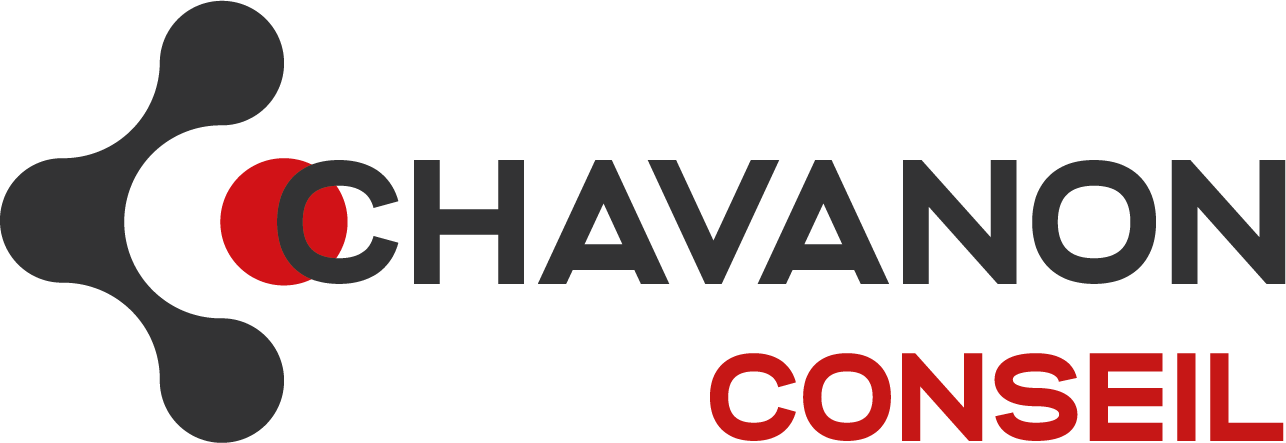Acid on the road: leakage from a container carrying used batteries.
Storage of used batteries in a container: risk of corrosion and leakage.
Acid Leak on Roadway During Transport Operation of Used Batteries in a Dumpster
During a transport operation of used batteries, a truck driver stopped to take a break near Caen, Normandy, on the night of February 1st to 2nd, 2022.
An acid leak from the dumpster was observed. This leak then spread onto the roadway.
This acid leak required the intervention of firefighters, with the deployment of the Mobile Chemical Intervention Unit (CMIC).
The batteries were transferred to another dumpster, and emergency services proceeded to clean the roadway. The risk of environmental pollution was contained.
Storage Conditions of Used Acid Batteries
Used batteries are regularly stored by End-of-Life Vehicle (ELV) treatment centers and generally by metal sorting and processing companies.
The storage conditions are sometimes questionable. Indeed, it's not uncommon to find used batteries soaking in rainwater, in open dumpsters without shelter, for sometimes significant periods.
The acid from batteries can potentially cause corrosion in the dumpsters used for storage.
ADR Regulation on the Transport of Acid-filled Used Batteries
Liquid batteries can be shipped under 3 UN codes:
1) UN2795: Batteries filled with liquid acid electrolyte
2) UN2796: Batteries filled with liquid alkaline electrolyte
3) UN2800: Overturnable batteries filled with liquid electrolyte.
A battery will be considered as overturnable if it withstands vibration and differential pressure tests. These tests are performed by positioning the battery in several positions, including the most unfavorable position, with the filling openings and any vents, in an inverted position. Subject to the absence of electrolyte leakage, especially in the event of container breakage, and also of short-circuit protection, overturnable batteries UN2800 are not subject to ADR's prescriptions.
New batteries filled with acid UN2795 are not subject to ADR regulation if:
- Batteries are secured against falling, sliding, damage.
- Batteries are equipped with handling means, except in case of stacking
- No external trace of acid
- Protection against short circuits
Used batteries filled with acid UN2795 are not subject to ADR regulation if:
- Battery containers are not damaged
- Batteries are secured against leaks, falling, sliding
- No external trace of acid
- Protection against short circuits
I'm not sure all these points are validated when batteries are soaking in rainwater!
IMDG Regulation for the Maritime Transport of Acid-filled Used Batteries
While IMDG and ADR regulations for the transport of hazardous materials by sea or road have broad similarities, especially in terms of classification or packaging, it is always necessary to ensure compliance with the prescriptions specific to each mode of transport.
The Special Provision 598, described in the previous paragraph, does not exist in the IMDG code.
Therefore, a shipment of acid batteries UN2795 will notably require a Dangerous Goods Declaration and approved packaging.
Only the shipments of UN2800 for overturnable batteries can benefit from the exemption from the prescriptions of the IMDG code, subject to the absence of leakage in case of container breakage and protection against short circuits.
Poor Condition Dumpster: The Stakes for the Company in Case of a Leak of Hazardous Materials on the Roadway
The civil and criminal responsibility of the company's legal manager can be engaged.
The decree of May 29, 2009, known as the "TMD Decree," specifies that the following offenses are classified in risk category 1:
- Any leak of hazardous material
- Bulk transport in a container that is not in good condition.
Risk category 1: High risk of death, bodily injury, or significant environmental damage, requiring immediate corrective measures.
CHAVANON Conseil, Your Expert for Battery Shipping
Beyond lithium batteries, we support industries and distributors in their shipping of liquid or gel batteries, especially for waste shipments.
Administrative and logistics teams must be trained according to chapter 1.3 of ADR and IMDG.
Being QUALIOPI certified, CHAVANON Conseil delivers trainings that can be financed by OPCOs.
Contact us for customized training...
Check out our various trainings...
Source: OuestFrance


 A unique communication solution at the service of businesses
A unique communication solution at the service of businesses